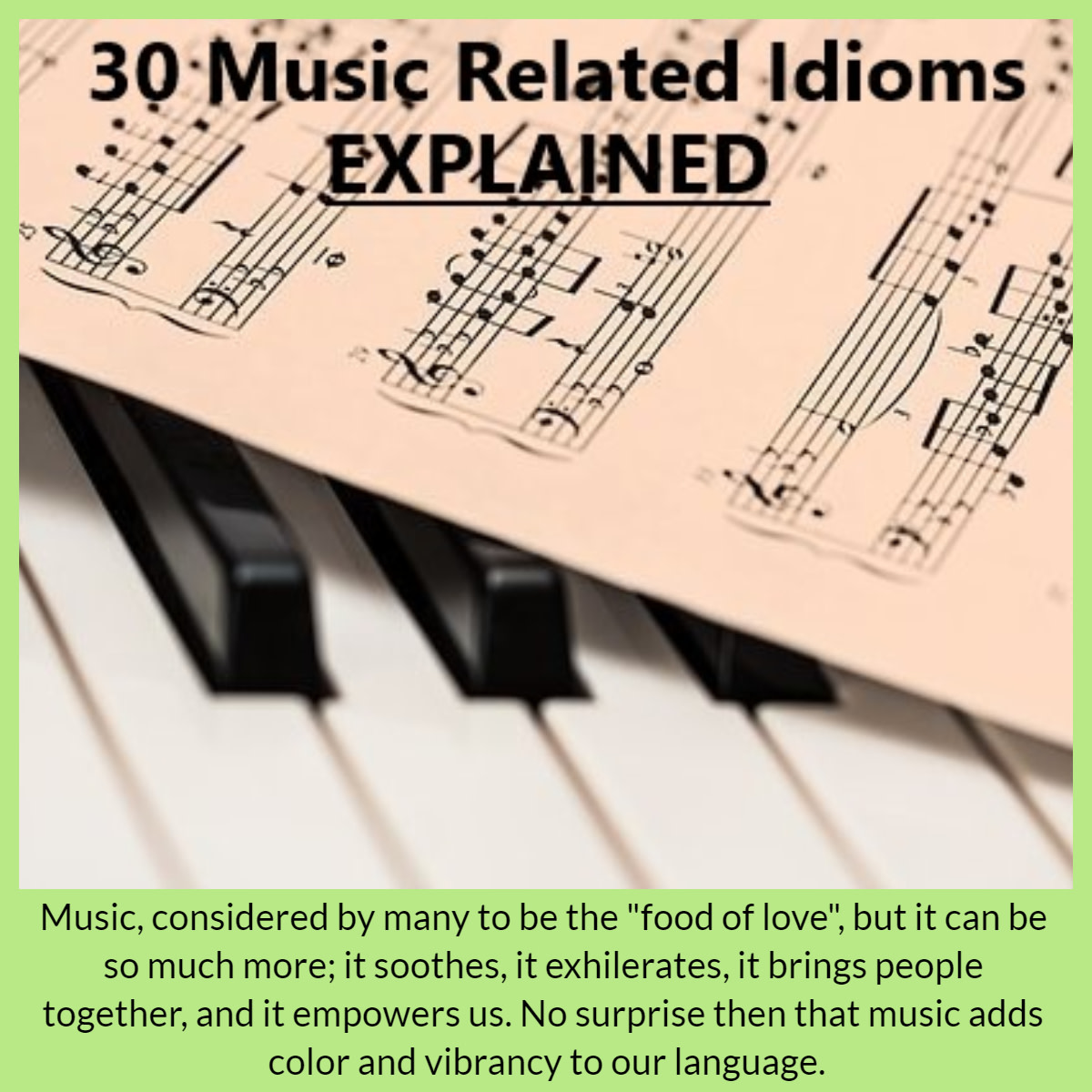THINKING ALOUD (LearnEnglish) SPEAKING COLLOQUIALLY: Business or No Business
People ask why I laugh my mouth so big. Now I smile small small.
— Chua Eng Lai: Singapore Comedian
GREENER PASTURE
Writer: Chén Róng
“Sometimes you look in a field and see a cow and think it’s a better cow than the one you have in your own field – it rarely works out that way”.
It was an expression of outrage; speaking figuratively, Ex-Manager of Manchester United, Alex Ferguson, explained questions raised on the quality of his Club’s football teammates. He was lamenting over remarks made by his talismanic striker (Wayne Rooney); the comment was uncalled for as he (Rooney) was badly mistaken, believing that the grass is greener elsewhere.
Proverbs are short expressions of thoughts, usually wise and meaningful. Such expressions of popular wisdom need not be boring stuffs and tired words from being overused. The Proverb: “The grass is always greener on the other side of the fence” may conjure up a general observation about the world or an attitude toward a situation. Getting green grass can take time; a green field can be inviting and providing a relaxing atmosphere for family and the grazing animals. The process to getting greener grass may vary depending on the type of grass you grow and the geographical location. Today, greener grass by itself may not necessarily produce bigger and healthier cows; it has to mix with hay and nutrient-dense forage to produce a healthy feed for cattle, pigs, chickens, turkeys, and sheep.
All said, in its present form, the proverb may have outlasted its effectiveness and usefulness. Alex Ferguson came to its rescue by putting a more refreshing spin with the use of a dairy-based metaphor. Alex has acknowledged the potential of each player and, hence, helped each of them develop it to the fullest in way that breeding techniques have enabled the farmer to build a better cow. Alex mused: “It’s probably the same cow and it’s not as good as your own cow. Some players like to think there’s a better world somewhere else. It never really works.”
Hong Kong English or “Kongish”
In an e-mail urging his students not to drop his course, one Hong Kong university lecturer wrote:
"If you want to give up this course, I encourage you. Don't give up.
If (your parents) know that you will need to defer (graduation), their hearts will be very sad. Retrospect, when you were a baby, especially you were sick, your mother father took care of you whole night. Do you still remember?"
Source: The Straits Times Singapore 14Dec2015
Beijing dialect & its colloquial expressions
Beijing dialect is not Mandarin, the official language of the people in China. Mandarin has its origin in Beijing dialect but not completely. This Chinese vernacular has a heavy and distinctive colloquial expressions but now rarely spoken by anyone on the streets of Beijing, China's Capital.
Wish to meet someone who speaks Beijing dialect? Try living in one of the hutongs (alleyways) which I did some years back. Even then, it is rare you can find even an old folk speaking this disappearing dialect in Peking as Beijing was once known as.
Beijing dialect has strong cultural bearings, but its preservation is difficult in a world where people are busy developing skills that can help them make a living. It has inspired performing arts like cross-talk - a comical dialogue and the folk art where story-tellers use their bamboo-clapping to go with their vocal performance in rhythmic sounds. This dialect is testament to China's past as the country was once invaded by the Mongolians and Manchus who ruled the land for a few hundred years. For that reason, the dialect includes many words from these uninvited guests who overstayed their welcome.
Is it worth the trouble preserving a dialect considered representative of the entire nation's civilization? Efforts in preserving this dialect is understandable but the road to achieving success in long and winding.
I speak another dialect called Cantonese, the indigenous dialect in Hong Kong. I love to speak and listen to conversations in this dialect and singing Cantonese songs. It is something innate. It is not for me to say if we should have the Cantonese or the Beijing dialect preserved. Young people now prefer speaking in Mandarin and English as the way forward.
Read other stories: chenrong.hubpages.com

SPEAKING COLLOQUIALLY
Writer: Chén Róng
English is a mixture of many languages – a bit of Latin, lots of French, some German and a heap of Indian. In such an adulterated form, adding to it a colloquial language, such as Singlish, should not matter so long as your listeners understand what is said. After all, informal conversation is about putting your message across so the rules of grammar matter little to the listener. Indeed, verbal communication accompanied by body language will make poorly structured sentences easier to comprehend. We all have heard this before.
There are some truths to such an argument. New learners are often found daunted by the tenses in English grammar, and the distinction between singular and plural nouns - all of which make the language difficult to master. Among Asians, adults of Chinese descent – and if they are well educated - often find their own mother tongue comparatively easier to learn. Surprisingly, those who are actually reasonably proficient with English’s written form can be utterly tongue-tied in social situations. A suggestion: If they could, for a start, ignore all grammar rules, stay relaxed in social conversations. Just remember how in the Cowboys and Red Indian movies, the big chief could convey his thoughts by using a simple one-liner of limited vocabulary, and yet created deep impressions that last through to adulthood.
The one-liner: "Many moons come, many moons go, I no come, how come son come?" His utterance is absolutely ungrammatical, but the repeated use of a simple word ‘come’ has painted it with different shades of meaning and the effect was hilarious in its outcome.
Some years ago, I tried speaking colloquially to an American attorney from New York; one night, my family brought her out for a shopping trip in downtown Orchard. She held up a semi-formal dress and asked if it suited her. I replied: ‘far see nice, near see far from nice”. She burst out laughing uncontrollably. When asked if she understood what was meant, she could only nod her head affirmatively; the joke seemed so ticklish. It is all about communication in a social context.
It is hard to fault people who speak colloquially in a mixture of Singlish, Chinese and English. It does help to break down barriers between acquaintances. The atmosphere gets more relaxed and it is a perfect setting for the learning of the English language. There are people who will not agree with my point of view. Just as the saying goes: many roads lead to Rome; likewise, there are many ways to learn a language. A caveat: never overdo it. Singapore is well-known for its colloquial Singaporean English; its expanded form now encompasses commonplace Chinese dialects, Malay and other Asian languages. That is not all. English words are given non-dictionary meanings, and their usages are generally not understood by people from other English speaking countries.
Singapore’s unique colloquial language appears to be moving into the realm of popular culture. Learners of English language may wish to take their cue from Yale-NUS professors who are new arrivals to the city-state. Last month, eleven foreign academics; professors who are due to start work at Yale-National University of Singapore (a liberal arts college) took part in a crash course in Singlish. The aim was to familiarize themselves with the local culture through role-playing games, acting out scenarios such as talking to bus drivers while touring the city. One professor said she would do whatever it took to understand the local society; and that includes being able to understand and correctly interpret what is being said around her.
Small wonder that Singapore’s private schools are enrolling students from all over Asia; young adults who may have found out that learning English language the Singaporean way is the precursor to greater success in life’s pursuits in later years.
In China, it is hard to travel around if you do not speak the lingo of particular groups. The colloquial language, woven into the fabrics of commonplace discussions, can be heard in public places when English is use as the communication medium by the Chinese populace. This may turn out to be a healthy development for learners of English-language. A Facebook post may read like this:
Did you receive the mengliao? The latest Shanzhai Android phone is now on sale. It is kubi.
Meaning: Have you got the hot news? The latest pirated Android phone is now on sale. It is cool!”
These fashionable terms, commonly used on Facebook and other online forums, have made their mark on Oxford Chinese-English Dictionary. These terms were picked because they are used frequently in different medium, including newspapers and daily conversations. No wonder, the people in Mainland China are getting very proficient in the English Language; and at a rate much faster than other Asian communities, at least for the past five years or so. It is ‘kubi’.
Learners need be conscious of the fact that speaking colloquially is a mere transition phase; they need to upgrade out of it by interspersing their talks with good English. It is a beautiful language and it should be thoughtfully expressed at all times, if possible. Conversing well at your charming best, you can wheedle a reclusive bird down from a tree, metaphorically speaking.
READ OTHER STORIES AT:
http://chenrong.hubpages.com/hub/THINKING-ALOUD
---- E N D -----








